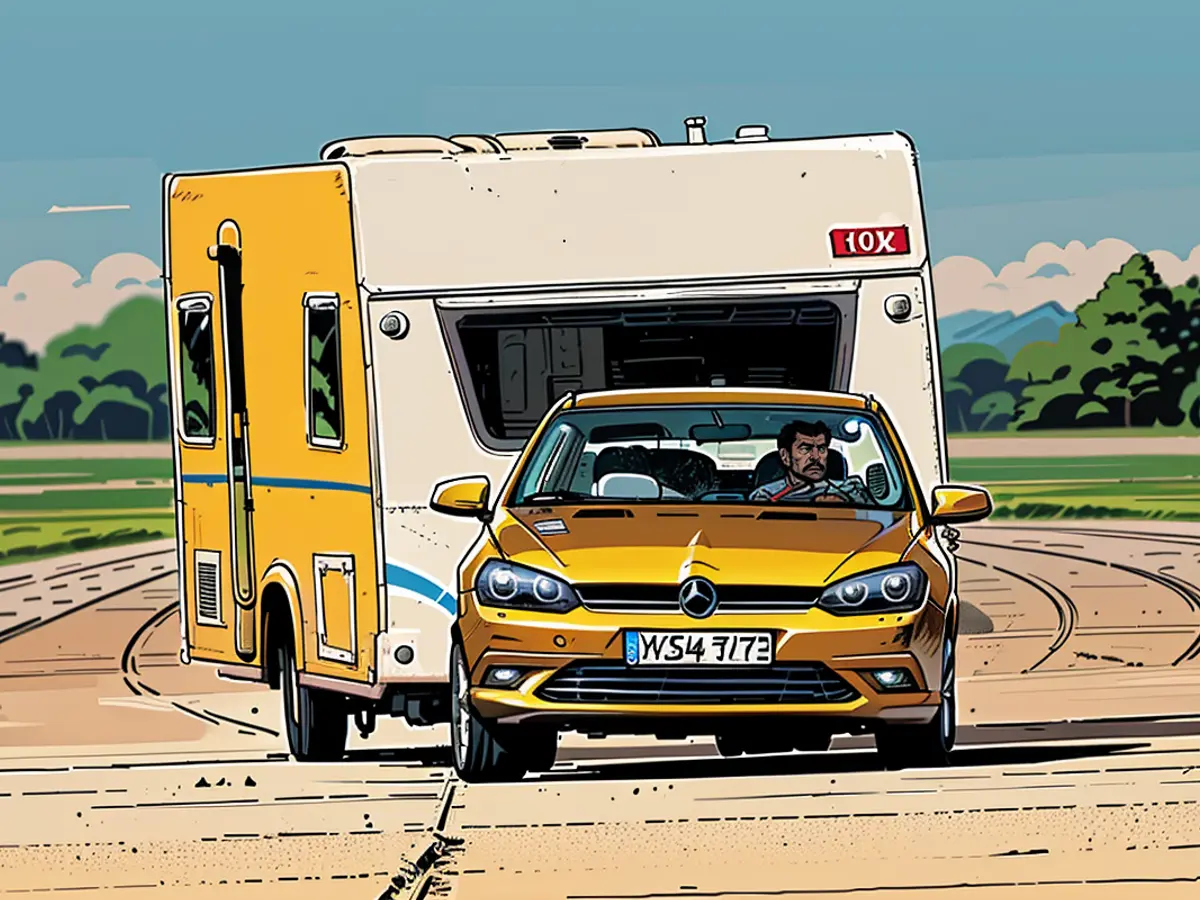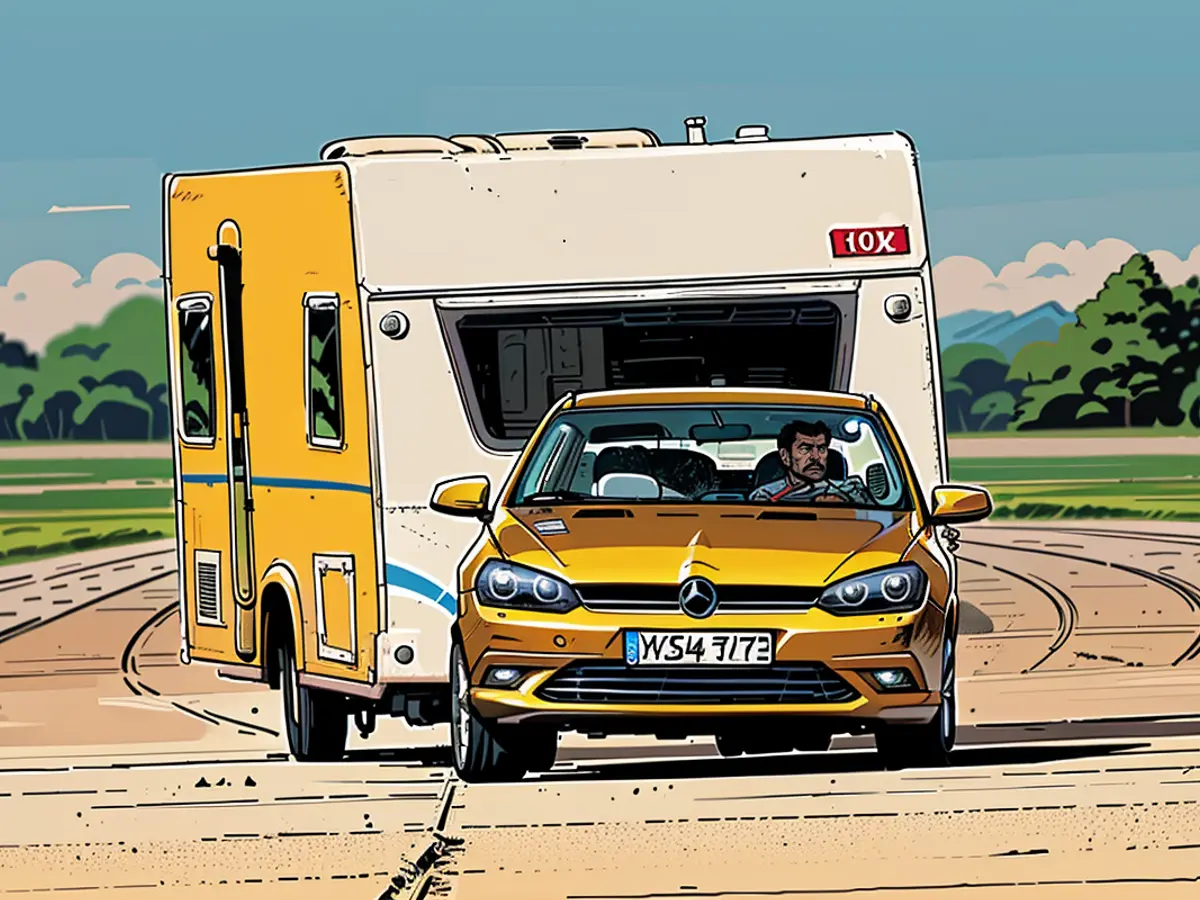Ditching the Eco-Boost: Premature End of EV Subsidies Impacts Germany's Green Goals
The advent of an unexpected roadblock in Germany's electromobility journey has arisen with the impending withdrawal of state subsidies for electric vehicles (EVs), or "environmental bonus," commencing from Sunday, December 17, 2023, as announced by the Federal Ministry of Economics. The decision stems from the Karlsruhe budget ruling, which has necessitated the phasing out of these subsidies due to budget constraints.
Initiated in 2016, the environmental bonus program has proven successful in advancing Germany's electromobility sector, with the allocation of approximately ten billion euros resulting in the approval of around 2.1 million electric vehicles. Nonetheless, the coalition leaders, led by the Green Party, agreed to hasten the end of the program to cut costs in the 2024 federal budget compromise.
Financed by the Climate and Transformation Fund (KTF), the environmental bonus provided a 4,500-euro subsidy for a net list price of 40,000 euros on basic car models, and a 3,000-euro subsidy for models with a net list price above 40,000 euros and up to 65,000 euros. The German government relied on these subsidies to aid its goal of attaining 15 million fully electric vehicles on its roads by 2030.
Fallout and Consequences
The abrupt suspension of these incentives has alarming implications for Germany's electromobility objectives:
- Sales Plunge: The global market for electric vehicles had experienced steady growth, but the abrupt end of subsidies led to a significant decline in sales. In 2023, plug-in hybrid sales plummeted by half, and pure battery-electric car sales decreased by approximately 25%.
- Market Instability: The withdrawal of subsidies has created uncertainty among consumers and manufacturers, making it challenging for the industry to maintain their market strategies.
- EU Climate Objectives at Risk: The phaseout of incentives like the 15% personal income tax deduction for electric car purchases in the Moves III Plan threatens the EU's climate objectives.
- Delay in Meeting 2030 Targets: The slowing of electric vehicle sales due to the subsidy phaseout may result in missing the 2030 target of 15 million fully electric cars in Germany without swift and effective policy adjustments.
- Charging Infrastructure Challenges: The underutilization of public charging points in Germany highlights the need for a more rapid rollout of electric vehicles, which is now difficult to achieve due to the market slump.
- Political and Market Shifts: The suspension of subsidies has sparked political opposition and market reactions, such as calls from Germany’s right-leaning and populist parties to abandon the 2035 EU ban on new petrol and diesel car sales.
As the environmental bonus program comes to an end earlier than expected, challenges and uncertainties loom over Germany's electromobility goals. Pursuing a fresh approach to meet the ambitious 2030 target will be crucial in the evolving landscape of electric vehicle adoption.







